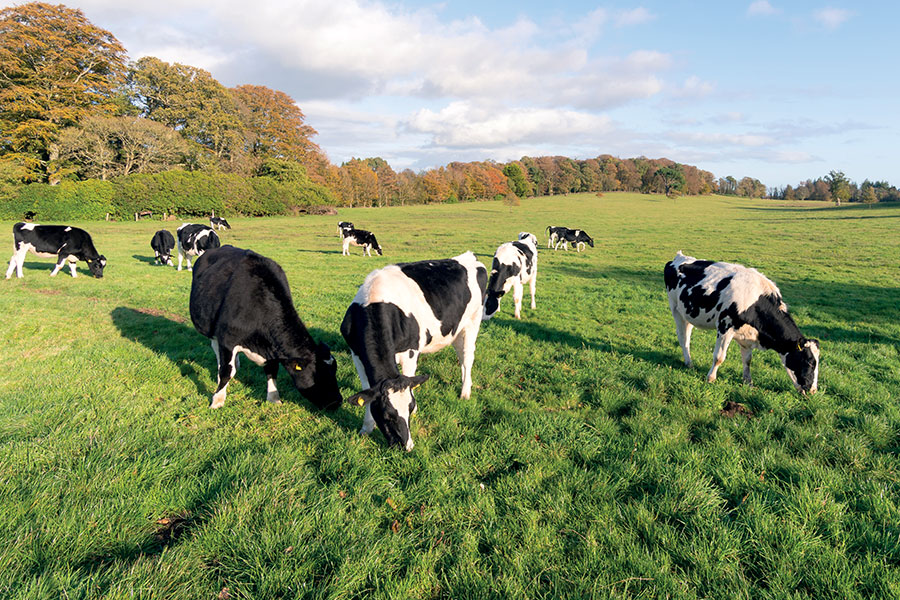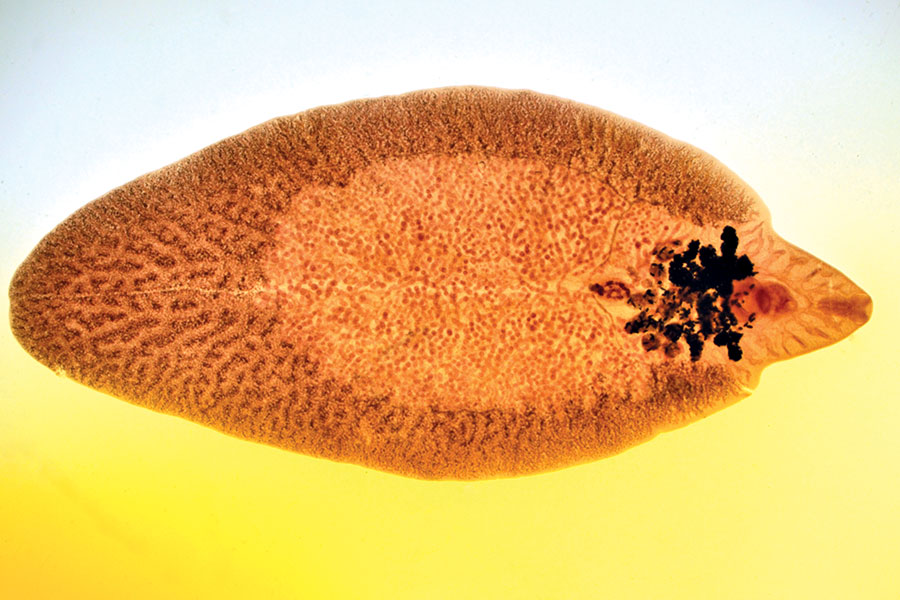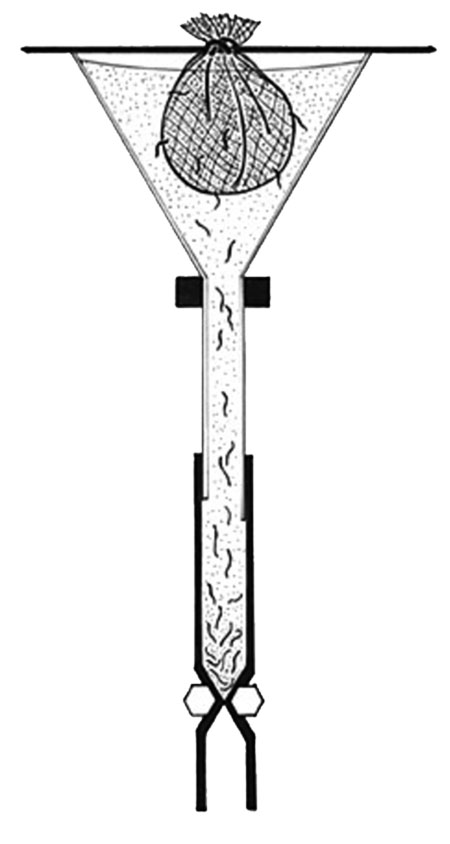A to-do-list for spring turnout
7th March 2024
Making effective preparations before spring turnout, including good parasite management, vaccinations where needed and nutritional analysis, can pay dividends in the long run. Maddy Tyson, of Westpoint Farm Vets in Chelmsford, provides a to-do list to help you prepare for this key period in the farming calendar.

Springtime can be a hectic time for farmers, with calving well underway and spring turnout around the corner. There are, however, several unavoidable tasks that if completed, can optimise production in your herd for the coming year.
Getting nutrition right
Nutrition is a topic that is important but often overlooked. For pre-calving cows, metabolic profiles can be run to assess protein and energy levels, and trace elements including copper, cobalt and selenium. This would give a snapshot of how well the winter ration has performed, and if run two weeks prior to calving, would allow for minor changes to be made if necessary to support the periparturient cow and her calf.

This is particularly important around turnout, as the diagnostics can be used to direct what supplementation may be required, and it is much more difficult to assess once cows are out and away from your handling system.
For animals going out to grass, soil analysis for trace elements may be beneficial if there are clinical signs of a deficiency. For example, hypomagnesaemia is commonly seen around turnout due to lush pasture. Affected animals may seem uncoordinated, but this can progress to seizures and death if left unchecked. Blood testing can be undertaken to determine magnesium levels prior to turnout and decide whether a bolus is required. Another solution could involve adding magnesium chloride into drinking water, if the cattle don’t have access to other water sources at pasture.
Clostridial vaccines

Dams should be vaccinated with a clostridial vaccine between two and eight weeks prior to calving (providing they have had a primary course). This timing is essential for antibody transfer to the calves through the dam’s colostrum.
Vaccinating for lungworm is also useful around spring turnout. If there is a history of lungworm in the herd, this could prove vital for naïve youngstock. Cattle in their first or second year at grass are the most susceptible, and immunity will develop over time, but protection over their first few exposures can save lives.
Parasite management
Temperature rises around turnout can make for high worm burdens on the pasture. The best way to prevent this is to have an action plan. The risk of anthelmintic resistance can be tackled with regular faecal egg counts, weighing animals for accurate dosing and good pasture management – all of which can be advised upon by your vet. Monitoring growth rates in calves can be a useful exercise to detect patterns which may link to worm burdens.
One final parasite to monitor is liver fluke, which can be detected on faecal samples using the Baermann method (figure 1). Fluke thrives in wet marshland, and farmers with this pasture should consider diagnostic testing. Fluke can cause weight loss, poor fertility, diarrhoea and in some cases death.
It may seem like an endless list of things to achieve in a short time, but preparation can pay dividends for the coming season. Perhaps by taking advantage of funding from the Animal Health and Welfare Pathway, you could discuss and lay out your turnout priorities with your vet.
Read more livestock news
